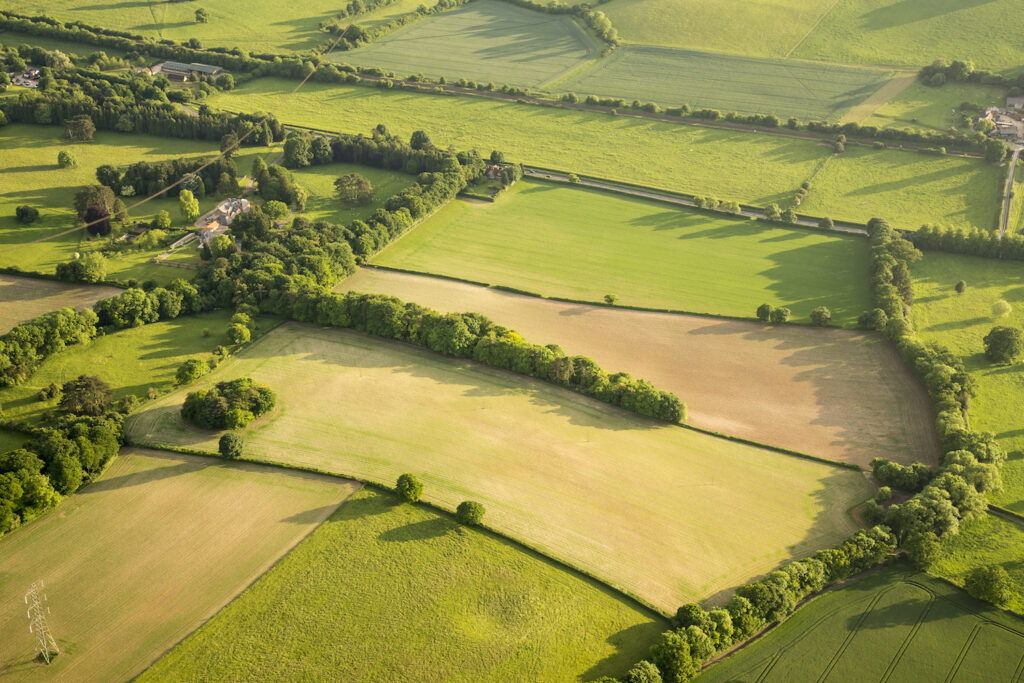New figures show two years of rising land values
21st April 2023
Farmland values have increased for an eighth straight quarter, new data from property consultancy Carter Jonas shows.
Two years of consecutive growth was confirmed as arable land grew by 0.4% to reach £9,272/acre, and pasture rose 0.5% to £7,511/acre from January to March.
Year on year, arable land has increased in value by 4.3% and pasture by 3.4% but, when compared to the rates of growth seen at the start of 2022, growth has slowed considerably.
“Rising land values has been a key feature of the past two years,” says Carter Jonas head of farm agency, Andrew Chandler. “We have seen pasture grow by a healthy 5.5%, and arable by 4.8% (annualised).”
Over the same period, lower-quality land has risen at a faster pace than average values, driven by demand from natural capital investors who seek to purchase land for environmental and biodiversity enhancement. Secondary and tertiary pasture land values have increased by 8.7% annually in the past two years, while secondary and tertiary arable land has seen 6.1% annualised growth in the same period.
Pasture land is now only £100/acre (1.3%) behind its peak, which was seen in the second quarter of 2016, illustrating its ability to rebound after falls, even when there is sustained pressure on the market. Arable land, however, is £849/acre (8.8%) behind its peak seen in the same quarter.
Over the longer term, land has continued to prove itself as a stable investment. In the past 10 years, average pasture and arable land values have seen annualised growth rates of 3.5% and 2.7% respectively.
“Although the UK has avoided a technical recession, the sustained economic downturn continues to challenge the market,” says Mr Chandler. “Most notably, with the Bank of England’s decision to raise interest rates for the eleventh time in 18 months, finance is becoming increasingly expensive, and investors are less inclined to borrow.”
Sustained inflation also continues to impact the agricultural sector and restrain profitability. But, despite this, it is encouraging to see that market values across England and Wales continue to move upwards and demand remains robust.
Carter Jonas says it will continue to monitor the changing nature of the farmland market and the influences on land values in England and Wales.

